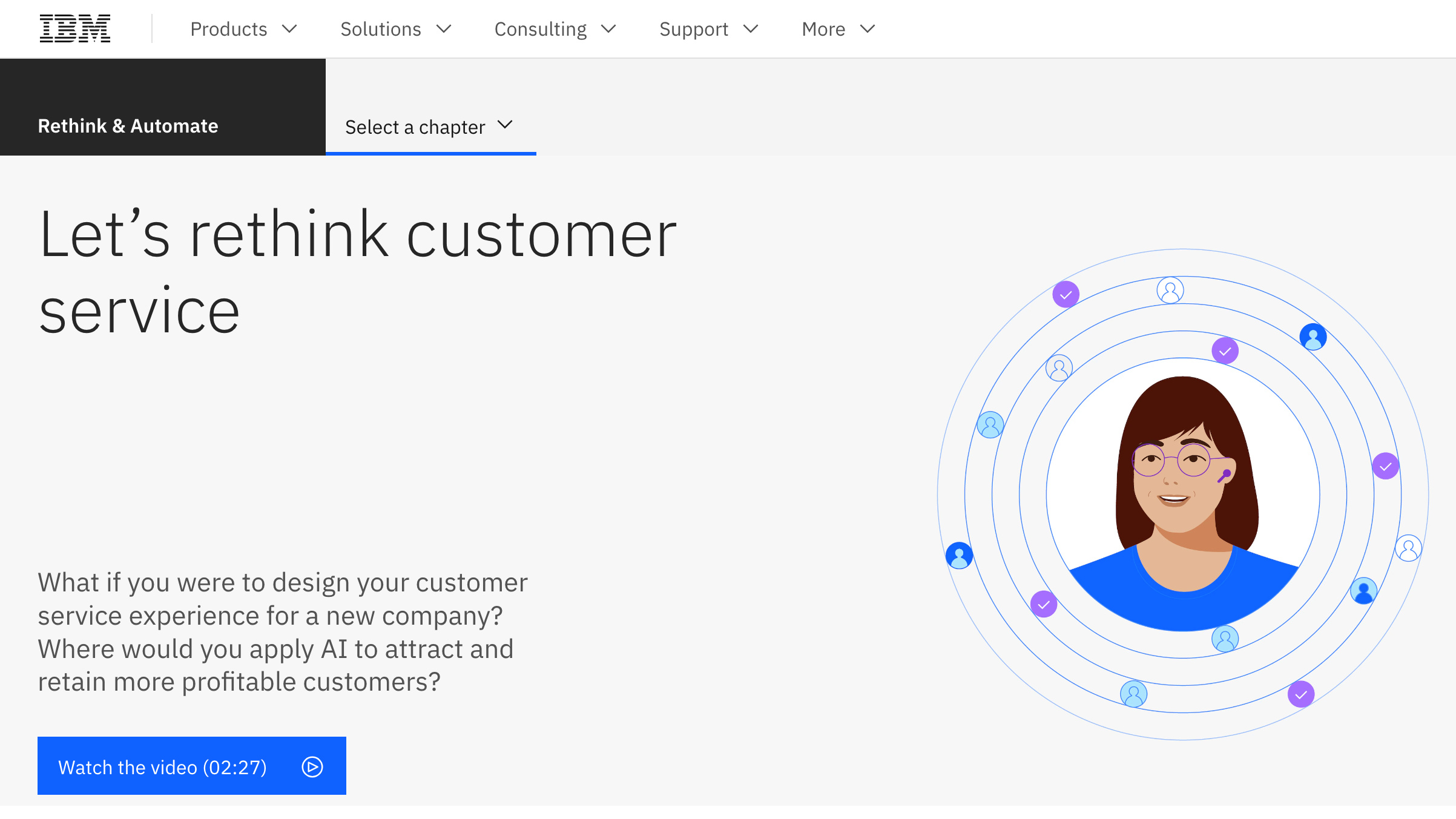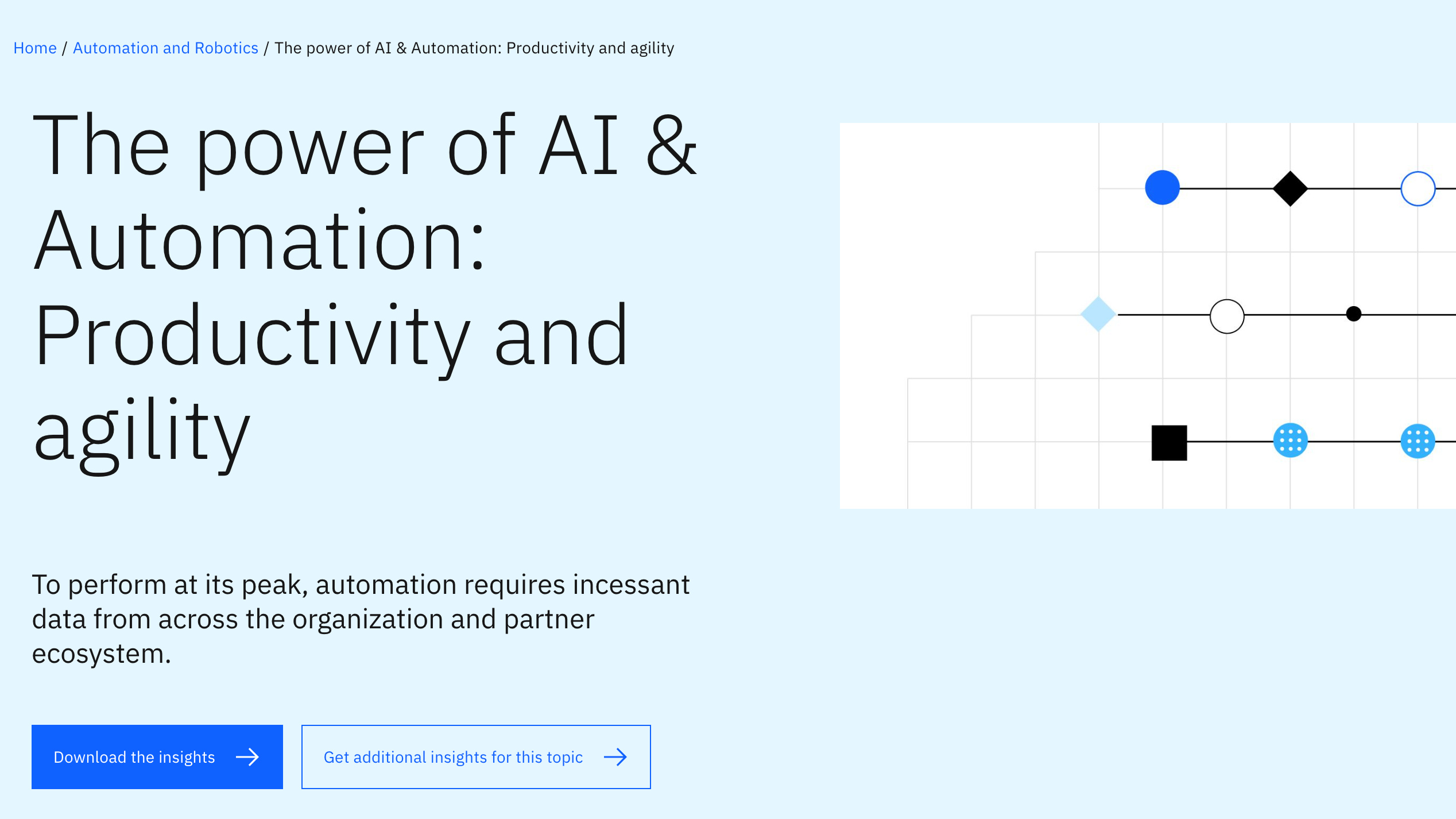Gov launches investigation for potential bias in algorithms
Algorithms used in recruitment and the criminal justice system will be probed for fairness

Sign up today and you will receive a free copy of our Future Focus 2025 report - the leading guidance on AI, cybersecurity and other IT challenges as per 700+ senior executives
You are now subscribed
Your newsletter sign-up was successful
The Centre for Data Ethics and Innovation (CDEI) will join forces with the Cabinet Office's Race Disparity Unit to investigate potential bias in algorithmic decision-making.
"Technology is a force for good and continues to improve people's lives but we must make sure it is developed in a safe and secure way," said Digital Secretary Jeremy Wright. "I'm pleased its team of experts is undertaking an investigation into the potential for bias in algorithmic decision-making in areas including crime, justice and financial services. I look forward to seeing the centre's future recommendations to help make sure we maximise the benefits of these powerful technologies for society."
As algorithms become more commonplace in today's society, their potential to help people increases. However, recent reports have shown that human bias can creep into algorithms, thus ultimately harming the people it's meant to help.
During job recruitment, algorithms can help evaluate candidates quickly, but some have been accused of gender bias. In Durham, the Harm Assessment Risk Tool used to assess defendant's risk of reoffending has been charged with being biased against the poor.
The CDEI will address bias in existing systems and support the production of fairer systems. Additionally, it will look for ways to increase innovation in the digital economy.
It will outline its priorities in its first work programme and strategy at a Downing Street event.
"We want to work with organisations so they can maximise the benefits of data driven technology and use it to ensure the decisions they make are fair," said Roger Taylor, chair of the Centre for Data Ethics and Innovation. "As a first step we will be exploring the potential for bias in key sectors where the decisions made by algorithms can have a big impact on people's lives."
Sign up today and you will receive a free copy of our Future Focus 2025 report - the leading guidance on AI, cybersecurity and other IT challenges as per 700+ senior executives
The programme includes a plan on how to investigate micro-targeting and personalisation in online experiences. An example of this might be seeing ads for products similar to the ones you've just searched for.
The CDEI review will examine how, where and why these tactics are used and introduce nationwide workshops to determine the public's views on micro-targeting. Both reviews are set to publish final reports early next year with interim reports this summer.
The CDEI is a part of the government's wide-scale Industrial Strategy, which aims to stimulate job growth for business and "increase the earning power of people" through investment.
-
 Mistral CEO Arthur Mensch thinks 50% of SaaS solutions could be supplanted by AI
Mistral CEO Arthur Mensch thinks 50% of SaaS solutions could be supplanted by AINews Mensch’s comments come amidst rising concerns about the impact of AI on traditional software
-
 Westcon-Comstor and UiPath forge closer ties in EU growth drive
Westcon-Comstor and UiPath forge closer ties in EU growth driveNews The duo have announced a new pan-European distribution deal to drive services-led AI automation growth
-
 Can robots work safely alongside humans? This one industry leader thinks we're not far away
Can robots work safely alongside humans? This one industry leader thinks we're not far awayNews Humanoid robots and people will be able to work truly side-by-side this year, according to the CEO of one leading robotics company.
-
 The power of AI & automation: Proactive IT
The power of AI & automation: Proactive ITWhitepaper Automation strategies to dynamically and continuously assure cost-effective application performance
-
 Magic Quadrant for enterprise conversational AI platforms
Magic Quadrant for enterprise conversational AI platformsWhitepaper An evaluation of the conversational AI platform (chatbot) market
-
 Let's rethink customer service
Let's rethink customer servicewhitepaper Discover new ways to improve your customer service process
-
 The power of AI & automation: Productivity and agility
The power of AI & automation: Productivity and agilitywhitepaper To perform at its peak, automation requires incessant data from across the organization and partner ecosystem
-
 Digitization solves manufacturing’s five toughest challenges
Digitization solves manufacturing’s five toughest challengesWhitepaper Discover the technology trends that overcome manufacturing’s challenges, from cyber resilience to breaking free from legacy technology
-
 The four pillars of excellence for technology leaders
The four pillars of excellence for technology leaderswhitepaper Download this CIOs business case for integration and automation
-
 Building a strong business case for GRC automation
Building a strong business case for GRC automationwhitepaper Successfully implement an innovative governance, risk & compliance management platform